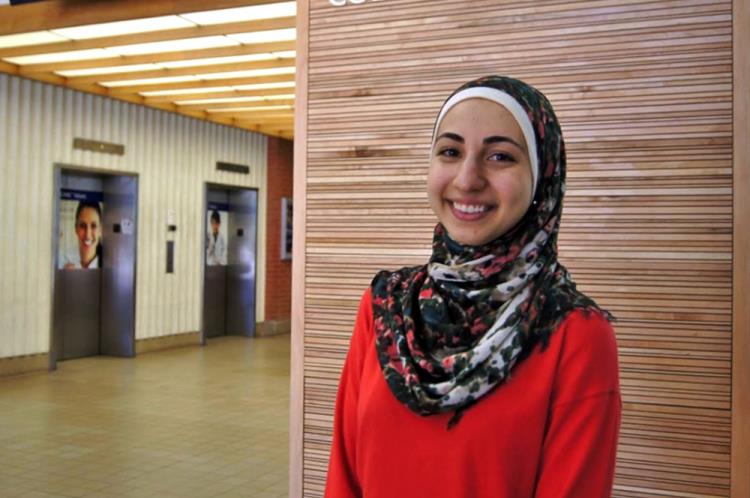Muslim Woman Strong in Beliefs, Wears Hijabs Proudly

She plastered the two-piece hijab onto her head, tying it every which way.
“I had no idea how to wear it,” she said laughing, recalling how her classmates eventually helped her.
Today, the ASU graduate works as a family support specialist in Phoenix, and is keenly aware of how her view of the hijab has evolved over the years.
In Arizona, where Muslims compose a fragment of the population, being a religious minority can heighten the pressure of deciding whether to wear the hijab.
Though Muslims are generally treated well in the state, anti-Islamic discrimination against Muslim women comprises a significant portion of the cases handled by the state’s branch of the Council on American-Islamic Relations, said staff attorney, Liban Yousuf.
“When Islamaphobia plays out on the ground level, what typically happens is that it affects Muslim women more directly because they’re easily identifiable as Muslim,” he said.
Noyes said although she’s concerned at times by the possibility of discrimination, she hasn’t allowed it to hinder her use of the hijab. About a year ago, she was at the airport when a stranger approached her.
“He walked by me and said, ‘You bleeping terrorist,’” she recalled. “I let it go … but it shocked me because I’d never experienced that before.”
Noyes had a dynamic, if not rare, childhood. Her father was a practicing Muslim, and her mother was an observant Roman Catholic. She said neither pressured her to pick a religious path, though the decision became easier when her mother converted to Islam.
Source: Daily Wildcat



